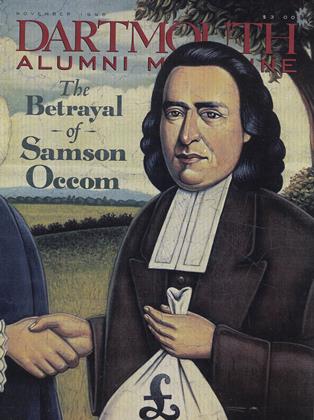Among all literature, only the Bible has been translated into English more often than the Tao te ching. That there can be so many interpretations of a single text, says professor Robert Henricks, "has much to do with the mind set of the translators." Professor Sarah Allan notes that the classical Chinese in which the Tao is written translation "is richly ambiguous, so that many interpretations of individual lines are often possible." Some translators attempt a precise, literal interpretation, some attempt to convey the poetry, some attempt to express the text's deeper meaning and instruction. At least two other factors come into play. First, scholars are continually discovering different or at least parts of different ancient texts, which lead to new interpretations and revisions. Second, the Tao te ching has captured and held the imaginations of scholars over many centuries. As Allan puts it, "Its message seems to transcend time and place..."
There is a market for all of this interpretation. Just ask Henricks. He bought a Mazda Miata with royalties from from his 1990 translation. (The license plate reads "Lao Tzu.") "Lao Tzu never condemns having possessions. The point is to 'know when you have enough' and not seek for more," Henricks says. "Still, I don't think he'd approve of the Miata."
One of the mostrespected English translations of the Tao te ching written in 1963 by Wing-Tsit Chan, who taught Chinese at Dartmouth from 1942 to 1966. A quiet phenomenon while at the College, he wrote voluminously until just before his death in 1994, six days shy of his 93rd birthday.
What mindsets did Chan and Henricks bring to the Tao te ching? Their translations of the eighth chapter show" their approaches to the Way.
The best (man) is like water. Water is good; it benefits all things and does not
compete with them. It dwells in (lowly) places that all disdain. This is why it is so near to Tao.
(The best man) in his dwelling loves the earth. In his heart, he loves what is profound. In his associations, he loves humanity. In his words, he loves faithfidness. In government, he loves order. In handling affairs, he loves competence. In his activities, he loves timeliness. It is because he does not compete that he is without reproach.
The highest good is like water; Water is good at benefiting the ten thousand things
and yet it [does not] compete [with them]. It dwells in places the masses of people detest. Therefore it is close to the Way.
In dwelling, the good thing is the land; In the mind, the good thing is depth; In giving, the good thing is [being like] heaven; In speaking, the good thing is sincerity; In governing, the good thing is order; In affairs, the good thing is ability; hi activity, the good thing is timeliness. It is only because it does not compete, that therefore it is without fault.
 View Full Issue
View Full Issue
More From This Issue
-
 Feature
FeatureThe Betrayal Of Samson Occom
November 1998 By Bernd Peyer -
 Feature
FeatureThe Mystery of the Tao
November 1998 By Rebecca Bailey -
 Feature
FeatureSails for the America's Cup
November 1998 By Fred Hapgood -
 Cover Story
Cover StoryThe Inauguration
November 1998 -
 Article
ArticleThe Problem with Romantics
November 1998 By Kathleen Burge '89 -
 Class Notes
Class Notes1979
November 1998 By Jeffrey D. Boylan, R. James "Wazoo" Wasz







